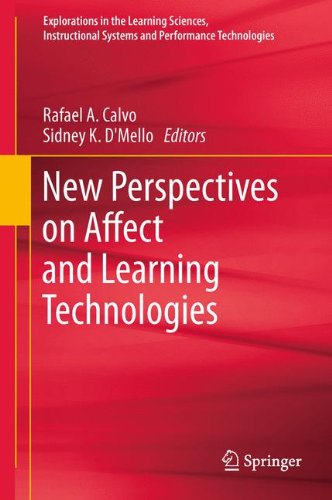

Most ebook files are in PDF format, so you can easily read them using various software such as Foxit Reader or directly on the Google Chrome browser.
Some ebook files are released by publishers in other formats such as .awz, .mobi, .epub, .fb2, etc. You may need to install specific software to read these formats on mobile/PC, such as Calibre.
Please read the tutorial at this link: https://ebookbell.com/faq
We offer FREE conversion to the popular formats you request; however, this may take some time. Therefore, right after payment, please email us, and we will try to provide the service as quickly as possible.
For some exceptional file formats or broken links (if any), please refrain from opening any disputes. Instead, email us first, and we will try to assist within a maximum of 6 hours.
EbookBell Team

0.0
0 reviewsOf all the differences between human beings and computers, emotion is perhaps the most basic: humans have them and use them; machines do not, except with human help. One of the most promising arenas for human/computer intervention has been in the form of educational technologies that respond to the intersection of affect and cognition that occurs during learning. Synthesizing knowledge across psychology, education, computer science, and related fields, these affect-sensitive learning environments coordinate pedagogy with student emotions to promote optimal learning.
The first full-length treatment of its subject, New Perspectives on Affect and Learning Technologies explores new theoretical perspectives and technological advances concerning the role of affect in learning. Broadening this concept to include related constructs of motivation, engagement, metacognition, and creativity, the book mines a wealth of behavioral, physiological, and linguistic data for a state-of-the-art survey of affective computing in education. This interdisciplinary approach, in turn, adds to the knowledge base on the affective components of students’ learning experience. Chapter authors provide dispatches from all corners of the field, including:
New Perspectives on Affect and Learning Technologies deserves a wide audience among researchers in learning technologies, affective computing, human/computer interaction, artificial intelligence in education, and intelligent tutoring systems, as well as the greater educational research and cognitive science communities.